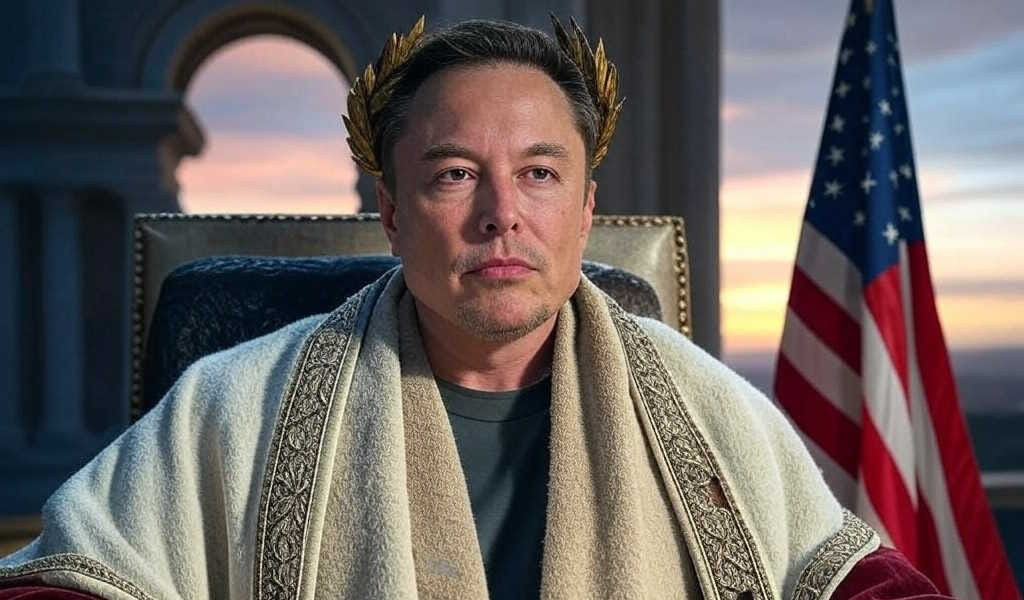yeah. i agree that, for now, the estate tax is mostly an employment act for trust lawyers and accountants who structure evasions. but it would be possible to aggressively tax (and not just at the time of death).
yes. although the form of “confiscation” is just aggressive taxation. states first prerogative is to impose ex nihilo liabilities on the citizenry as necessary to create and sustain a civilized society.
a wealth tax can force them to sell hard assets. (indeed, using families with “family farms” as sympathetic human shields is one of the main ways the rich have gutted what wealth taxes we do have, like the estate tax.) it is in fact possible to tax if we are serious about it.
yes. lots needs to be done. i guess the metapoint of the question is recent events have demonstrated, at least to me, an urgency that means we need to go further than what might have been our comfort level before in remedying concentrated wealth. estate tax is comfortable, but perhaps not adequate.
if no one has more than $100M in personal wealth, there’s lots more competition, less ability to dominate, propaganda promotion. it’s not enough, we need to rethink what free speech means in the contemporary media environment. but it’s closer to the Milton Friedman case of privately funded pluralism
so, Harlan Crowe offers fewer junkets. Leonard Leo still has a billion dollars to throw around. (i don’t think the always disclosed law and economics “educational” events, “professional development” for the judiciary, runs afoul of any current norms. perhaps we could tighten that up.)
no, absolutely not. i think zillionaires fund charities and think tanks and just random activities with a wink to do whatever political work they want. campaign finance reform wouldn’t have prevented Leonard Leo’s well funded purchase of the Supreme Court. that becomes the model. costs more, oh well
so we just have to put up with Musk / Bezos etc for two to three decades more? if we do that, what’re the odds a strong estate tax without loopholes survives those decades?
i guess i don’t think campaign finance law can resist wealth at this scale. like nearly all regulation, it’s leaky, but works anyway bc it raises the cost of the disfavored activity. raising the cost is often enough to do a lot of good. but wrt lobbying and campaign finance, the ROI is too high.
i’m for that. but i don’t think it’s enough. www.interfluidity.com/v2/9028.html
even if new income is taxed at 100%, Musk can buy American elections for decades, rendering the tax perhaps unsustainable.
right, but in fact we did not, and here we are. how do they deal with that?
it’s fair to say they have been. i wonder if anything has changed.
so, are centrist Democrats for or against at this point some combination of wealth tax / progressive income tax that would render accumulations of wealth at Musk, Bezos, or even Gates levels unsustainable?
cf poverty and increasing marginal utility rortybomb.wordpress.com/2009/12/03/p...
did all the cancer programs in the original CR ultimately get funded, or just a portion?
kind of a claim suggested by Noah Smith, where he describes the way Musk exercises power as “fundamentally…democratic…if he’s able to primary Congressional Republicans, it’s bc his primary challengers are able to win votes…if he’s able to start a rage-mob on X, it’s bc ppl like what he says.”
What are the checks and balances on the power of Elon Musk?
Link Preview: What are the checks and balances on the power of Elon Musk?: The question we'll all be asking over the next year or more.